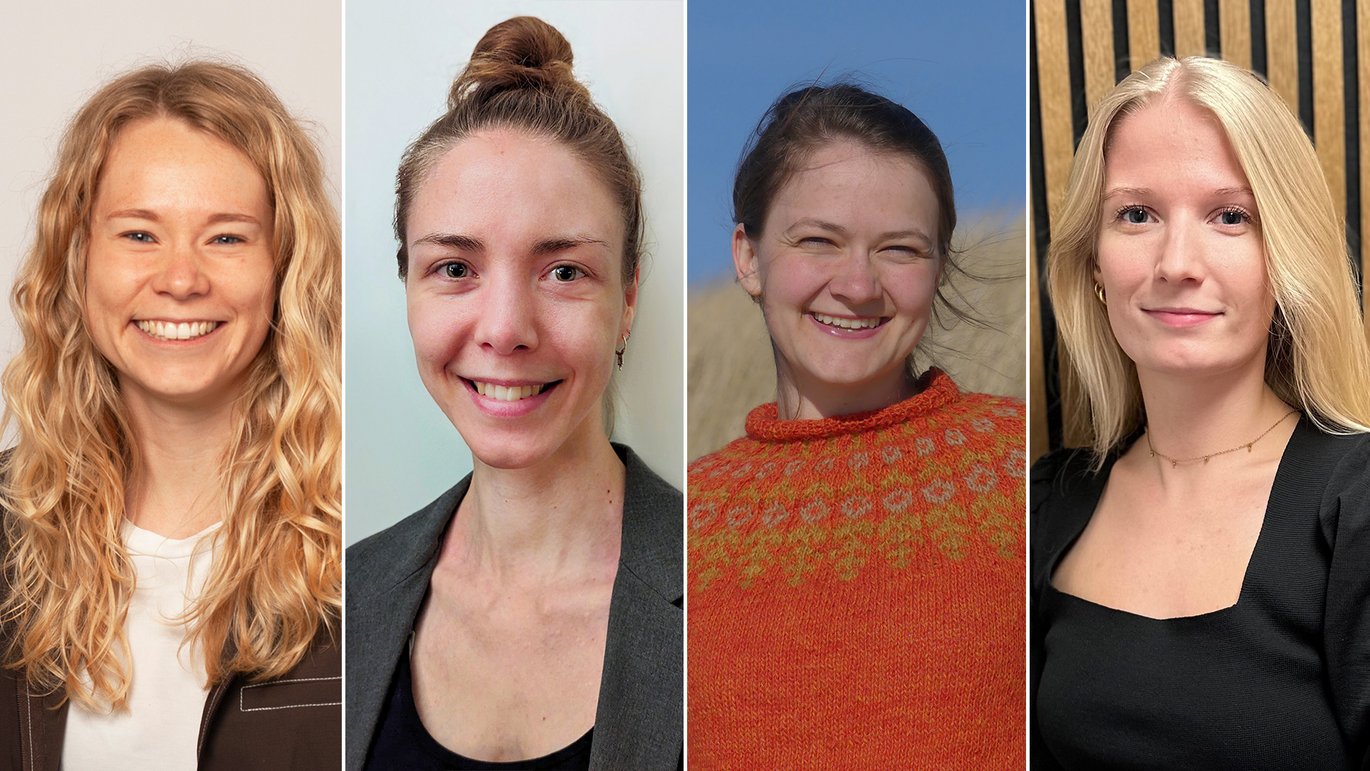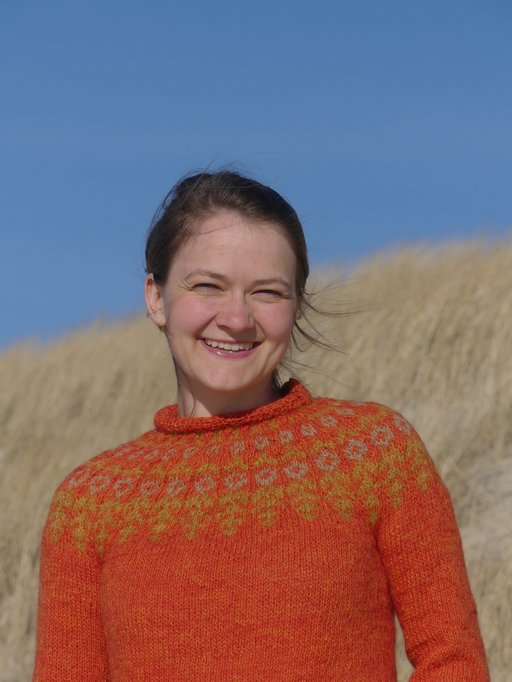Health awards integrated PhD scholarships to four early-career researchers
The faculty awards 4-year PhD scholarships to four talented early-career researchers who can now carry out research on topics such as tissue protection during heart failure and the nasal microbiome.

In the final round of grants of this year, Health has offered integrated PhD scholarships to four talented early-career researchers who can now look forward to being enrolled as PhD students at the faculty, while they are still completing their Master’s degree programme.
The new PhD students are:
About integrated PhD scholarships
- The faculty awards integrated PhD scholarships twice a year based on open calls for proposals. The exact number of PhD scholarships is determined prior to each round of funding.
- The PhD scholarships are awarded based on a number of assessment criteria and the Scholarship Committee's expert assessments of the applicants' qualifications, talent and project.
- The Scholarship Committee is appointed by the dean and acts as an advisory body. The committee members represent the academic diversity at Health.
- An integrated PhD scholarship is partly financed by the graduate school and by the Aarhus University Research Foundation.
- The next round of funding will be at the end of the spring semester.

Celine Thiesen, Department of Biomedicin
Title: Autoantibodies against mitochondrial Topoisomerase 1 are pathogenic in diffuse cutaneous Systemic Sclerosis
Principal supervisor: Professor Bent Winding Deleuran
About the PhD project: Celine Thiesen is researching the chronic autoimmune disease diffuse systemic sclerosis (dcSSc), which is characterized by a classical type-1 interferon (IFN) signature and the presence of autoantibodies against, among others, topoisomerase 1 (TOP1). Anti-topoisomerase 1 antibodies (ATA) are associated with a severe form of dcSSc, but it is still unclear how ATA are pathogenic. Celine Thiesen hopes that if we understand the mechanism behind type-1 IFN dysfunction induced by ATA, we can better predict individual disease outcomes, which could lay the groundwork for improved treatment of dcSSc.

Laura Marie Aalkjær Danielsen, Department of Clinical Medicine
Title: The nasal microbiome and immunologic landscape in specific disease entities
Principal supervisor: Clinical professor Therese Ovesen
About the project: In her PhD study, Laura Danielsen will evaluate the link between the nasal microbiome and glucocorticoids, sense of smell, COVID-19 and chronic rhinosinusitis, as well as assess certain intranasal key immunological proteins and elements. Mapping the microbiome in health and certain disease groups including certain nasal immunological factors is a step towards unravelling the field of microbiome research in the upper airways. Hopefully, this can lead to new targeted treatment modalities for several patient groups within the expanding field of personalized medicine.

Mette Skovbo Self, Department of Public Health
Title: The role of extracellular vesicles in ischemic preconditioning
Principal supervisor: Associate professor Kristian Vissing
About the PhD project: Exposure to a mild degree of temporary ischemia in a peripheral extremity can protect against tissue damage from severe ischemia in the heart. This ischemic protection appears to be facilitated by miRNAs carried by extracellular vesicles (EVs). Mette Skovbo Self is set to identify and investigate the effects of preconditioned EVs and specific miRNAs in in vitro and in vivo models of cell protection and heart failure. Understanding the protective mechanisms behind ischemic preconditioning holds great potential in terms of developing new EV and/or nucleic acid-based medical treatments.

Teresa Kirkegaard Jensen, Department of Clinical Medicine
Title: AQP5 targeting: Pioneering prospects in breast cancer treatment
Principal supervisor: Professor Lene Niemann Nejsum
About the PhD project: In breast cancer, the water channel aquaporin-5 (AQP5) is associated with increased spread to lymph nodes and a poorer prognosis. On a cellular level, AQP5 contributes to junctional instability, cellular migration and loss of cell polarity. Consequently, AQP5 could be a promising target in breast cancer therapy. In breast cancer, AQP5 is often intracellular, suggesting that its effect on cancer cells is via signaling rather than transcellular water transport. In this project, Teresa Kirkegaard Jensen aims to elucidate AQP5-mediated signaling in breast cancer cell models and investigate targeted intervention.